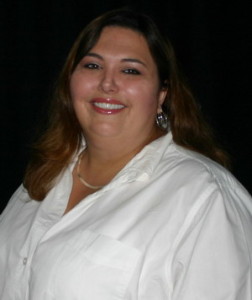Interview for Shannon Purtell from calmprogram.com

-
What drew you to the field of addiction treatment? Why?
-
What keep you in this work, day after day?
-
What is your philosophy on addiction treatment?
-
What tools would you like your participants to gain while working with you?
-
What do you envision the future of addiction treatment to be like?
Truthfully, I came to work in addiction treatment somewhat by accident. As an LPC intern, I was searching for a place where I could complete my required hours, I was hired to facilitate an intensive outpatient program.
After only 1 day of training the other facilitator left, and I was the only therapist on staff. I received a “crash course” in the field of addiction, and found that I love this work.
I really enjoy helping my clients reclaim their lives. It is the most rewarding thing I have ever done. When people first come in, they are in so much pain. I am truly grateful that they allow me to help them on their recovery journey.
Addiction is a brain disease, but it is also a spiritual crisis. True recovery addresses both. It is important for clients to gain new skills to prevent relapse and create a life free from substance abuse. More importantly, is to help the client heal their relationships with others and with self that are so damaged from the patterns of addiction.
I would like for my clients to be able to handle whatever challenges they face in their lives without the need to return to drugs or alcohol to cope. I would like for them to learn to identify, experience and resolve any uncomfortable feelings.
I would like for them to learn the skills to obtain and maintain a healthy support system. And most of all, I would like for them to learn to self-validate instead of criticizing and shaming themselves.
There are some very exciting changes happening in the field of addiction treatment. The increased focus on the brain and the changes which occur during use will continue to be instrumental in improving the treatment of addiction.
